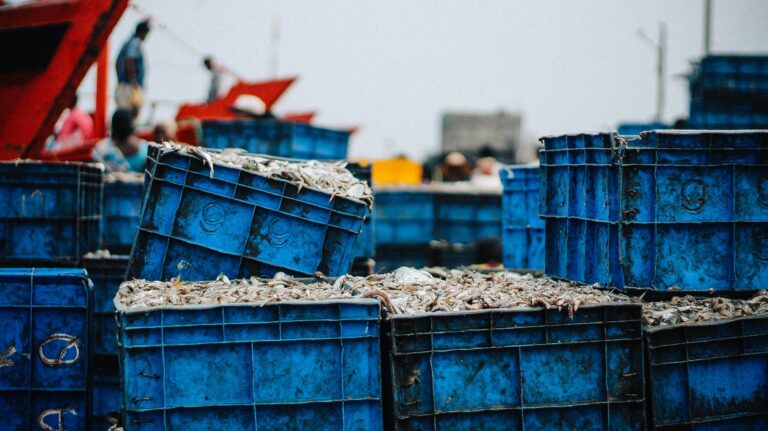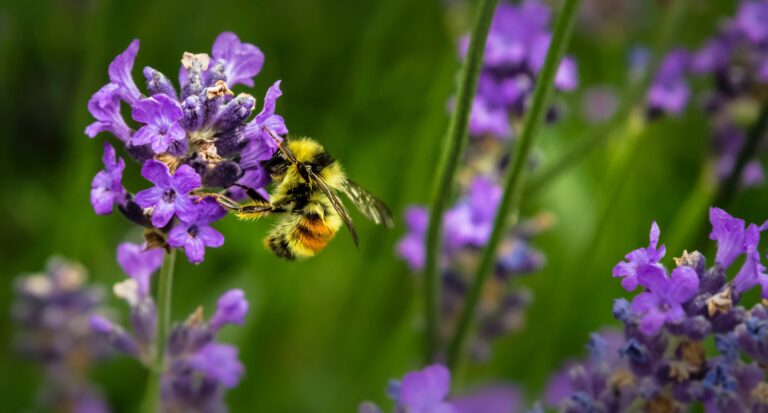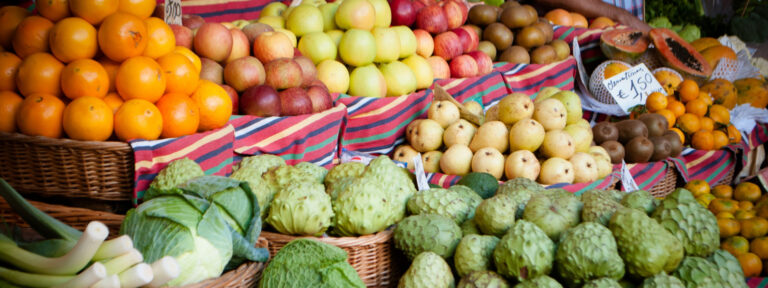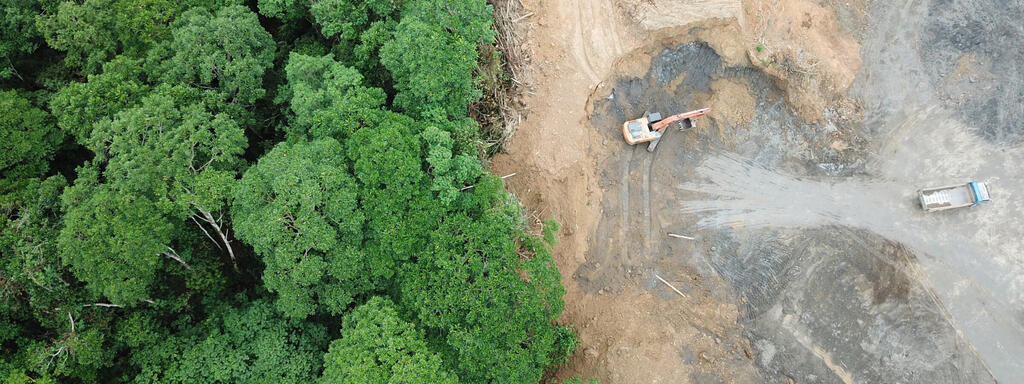
Why vegans should promote smaller families
Ever more people are adopting plant-based diets for the planet, which leads many to believe that our consumption of animal products must be decreasing. Sadly, the opposite is true, with demand for meat and dairy continuing to shoot upwards due to a rapidly expanding middle class.
In this guest blog, medical doctor and environmental filmmaker Sofia Pineda Ochoa explains why all vegans should also care about our unsustainable population growth.
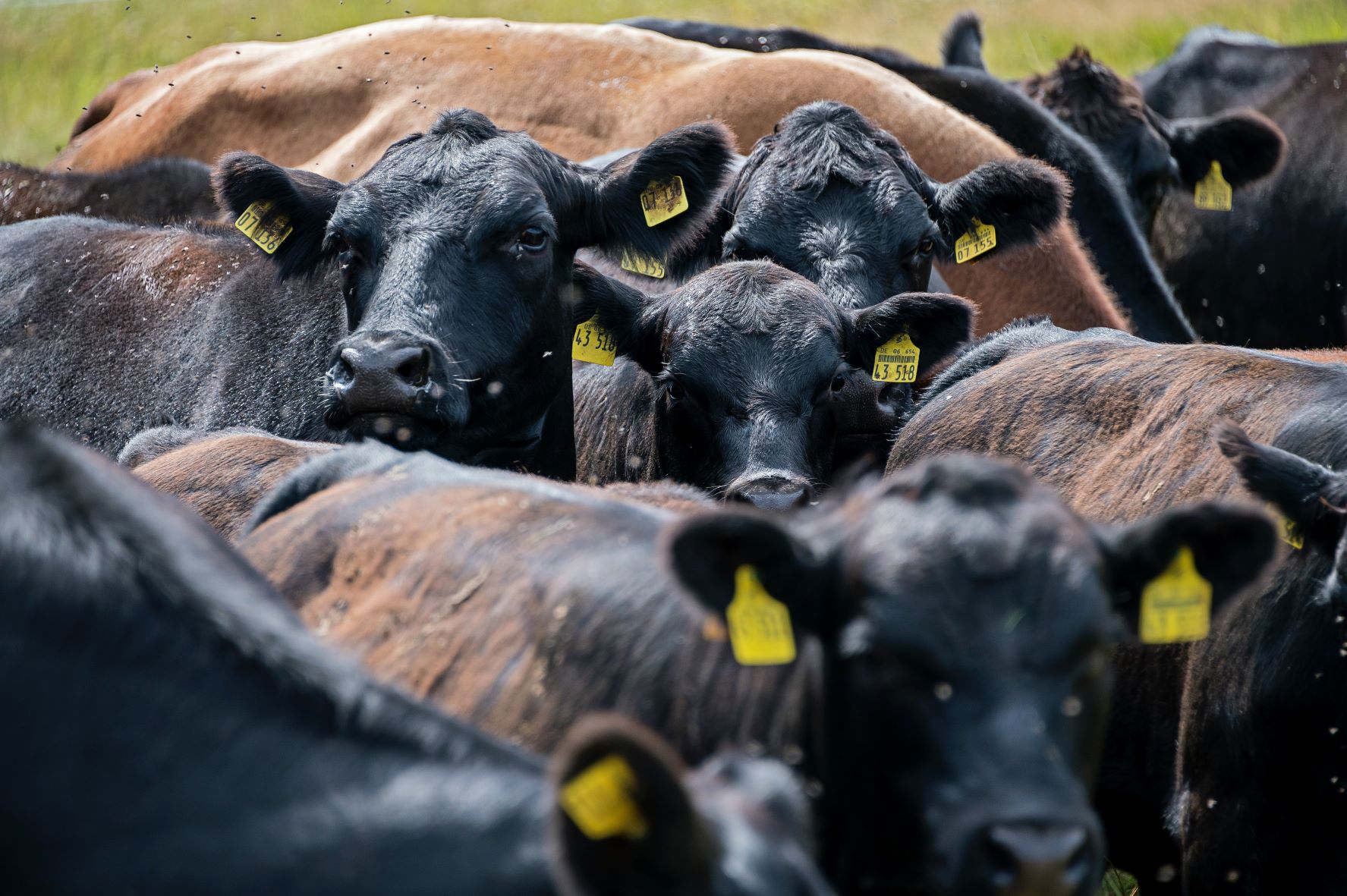
When I was growing up in Mexico, I was exposed to Eastern philosophy (through Buddhist books), which imprinted the idea in my head that it was wrong to kill and eat animals, eventually leading me to ditch meat. At the time, I thought a meat-free diet would be bad for my health, but hoped that karma would somehow balance that out.
Later in medical school, I was relieved to find out that eating a plant-based diet was actually very healthy, and as I familiarized myself with the environmental impact animal agriculture has on the planet I even felt compelled to start an educational website in my quest to make the world vegan.
At that time, I was following tons of animal rights organizations and causes on social media, and from what I was seeing, the future was looking bright! My feed was inundated with posts about “victories for animals” and how “the world is going vegan” – stories about how some company is now offering vegan ice cream, and some restaurant chain is now serving vegan burgers, and how interest in veganism was growing by leaps and bounds. It cheered me up to think about how the world was seemingly going vegan.
But then, a few years ago, I read a UN report projecting that, in just ten years, chicken meat and dairy consumption would increase by 20%, and beef and pork consumption would increase by 14%.
I thought to myself, how could that be?
Ditching animal foods was going mainstream. Famous athletes were going vegan. Documentaries on Netflix were promoting veganism. Popular vegan influencers were popping up all over the place. Even McDonalds and Starbucks were starting to offer vegan options. I thought, this must be a mistake!
But it wasn’t.
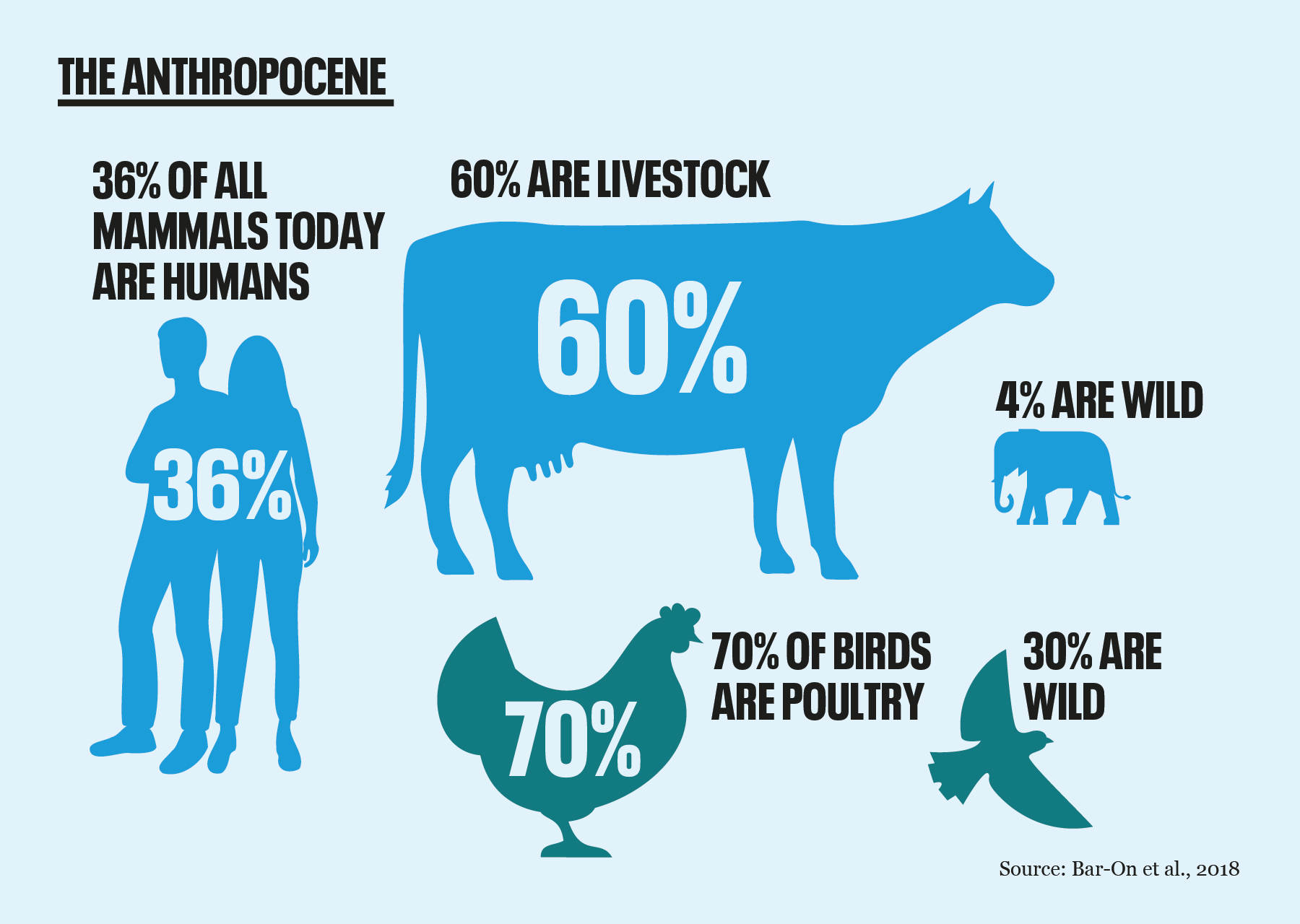
It just turns out that human population growth and increasing wealth are outpacing the growth of diet changes, so in the end, the number of animals used for food is not decreasing at all. It’s not even staying even. It’s actually increasing – and by a lot. To me this is no #victory. The animals are losing (and that is a vast understatement).”
I think we owe it to the animals, the planet, and ourselves to be clear and honest about this situation – that we humans are continuing, year after year, to breed and kill ever more billions upon billions of animals for food, despite the significant rise in veganism. We cannot help the situation unless we educate ourselves and address all of the issues that are driving this trend in the wrong direction.
Our relentless growth, I have since learned, is also affecting wild free-living animals in countless ways too. From our plastic waste that fills whales’ stomachs, to animals who are burned as we torch forests for ever more production of everything from oil to cacao. Demand for everything is increasing with our population growth (currently, 80 million more people per year, or about a million more people on the planet every five days).
So in addition to raising awareness about the impact of animal agriculture and promoting plant-based diets, I have shifted my activism to also address our unsustainable human population growth. I think it’s pretty self-evident that both farmed animals and wild animals desperately need us to address both.
ENDGAME 2050
Sofia Pineda Ochoa was born and raised in Guadalajara, Mexico. She attended medical school there and, as a student, her dream was to help people as a doctor. She devoted a full decade of her life to medical training in that pursuit. Over time, however, her perspective changed on what she believes is most urgent. She has come to understand that humans – herself included – are literally destroying the planet on which we live. She made the film ENDGAME 2050 because she wants people to wake up to the gravity of the situation before it’s too late.

The views expressed in guest blog posts do not necessarily reflect the opinions and position of Population Matters.

